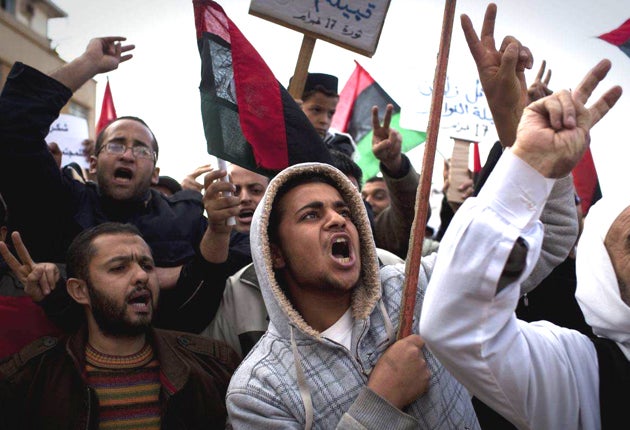Row over role of Nato splits coalition forces

Attempts to reach an international consensus on a new command structure for military operations in Libya stalled last night after a row between Turkey and France over the role of Nato in the coalition.
Under a draft plan being discussed by ambassadors in Brussels, Nato commanders would have been guided by a political committee featuring representatives from not just the West but also, crucially, the Arab world.
But the talks broke up after a third day of wrangling after a row between Turkey and France over the precise role Nato would play.
Turkey is keen for the Alliance to have a more formal role and stated role in any coalition while France is eager on a looser coalition using Nato's military command structures.
"Frankly it's all about political ego," said one source. Another Nato source said Turkey, a Muslim member of the Alliance with big business interests in Libya, wanted Western coalition countries to finish their air strikes before Nato took over command, so it was not blamed for any accidents.
Further talks to try and resolve out- standing differences are expected to continue today.
Last night government sources suggested other Arab countries were "close" to joining the coalition including Saudi Arabia, which is thought to be planning to contribute to operations financially. Kuwait and Jordan, David Cameron said yesterday, had agreed to provide "logistical support" to the operations.
"What we're still looking at is a Nato-plus command structure similar to the one we have with Isaf in Afghanistan," said a Government source. "This would include not just Nato countries but also any other country that provides support to the coalition. Logistically this is complicated and there is a lot to work through but we are confident that there is broad agreement on the structures."
Any such agreement could not come too soon for President Obama who has made winding down US involvement in Libya a top priority for the administration. Complaints are already surfacing about the cost of US operations, while some in Congress say they were not properly consulted before the intervention started.
Some in his own Democratic party questioned the very principle of American involvement, saying the country had no vital interests in Libya. "We don't have a clear diplomatic policy or a clear foreign policy when it comes to what's going in Libya," said the outgoing Virginia senator Jim Webb.
Secretary of State Hillary Clinton stressed yesterday that the bombing had saved the lives of ordinary Libyans and speculated that Gaddafi could soon be forced into exile.
Clinton told ABC News in an interview. "A lot of it is just the way Gaddafi behaves. It's somewhat unpredictable," she said. "But some of it, we think, is exploring. You know, what are my options, where could I go, what could I do. And we would encourage that."
British and French and American officials hope that next week's Libya conference will show that the broader international response to Libya is not being handled by Nato, but by a larger group of countries. French Foreign Minister Alain Juppé stressed that Tuesday's meeting would feature representatives of the African Union and the Arab League.
"We will now move into a second phase. It won't be Nato that will have the political steering of the operation," he said.
William Hague, the Foreign Secretary, added: "A wide and inclusive range of countries will be invited, particularly from the region. It is critical that the international community continues to take united and coordinated action in response to the unfolding crisis. The meeting will form a contact group of nations to take forward this work."
At Prime Minister's questions Mr Cameron said allied forces were making "good progress" in enforcing the no-fly zone and refused to be drawn on whether Gaddafi was a legitimate target. The Prime Minister said he would have liked more support from Arab nations when the operation was launched.
Subscribe to Independent Premium to bookmark this article
Want to bookmark your favourite articles and stories to read or reference later? Start your Independent Premium subscription today.

Join our commenting forum
Join thought-provoking conversations, follow other Independent readers and see their replies